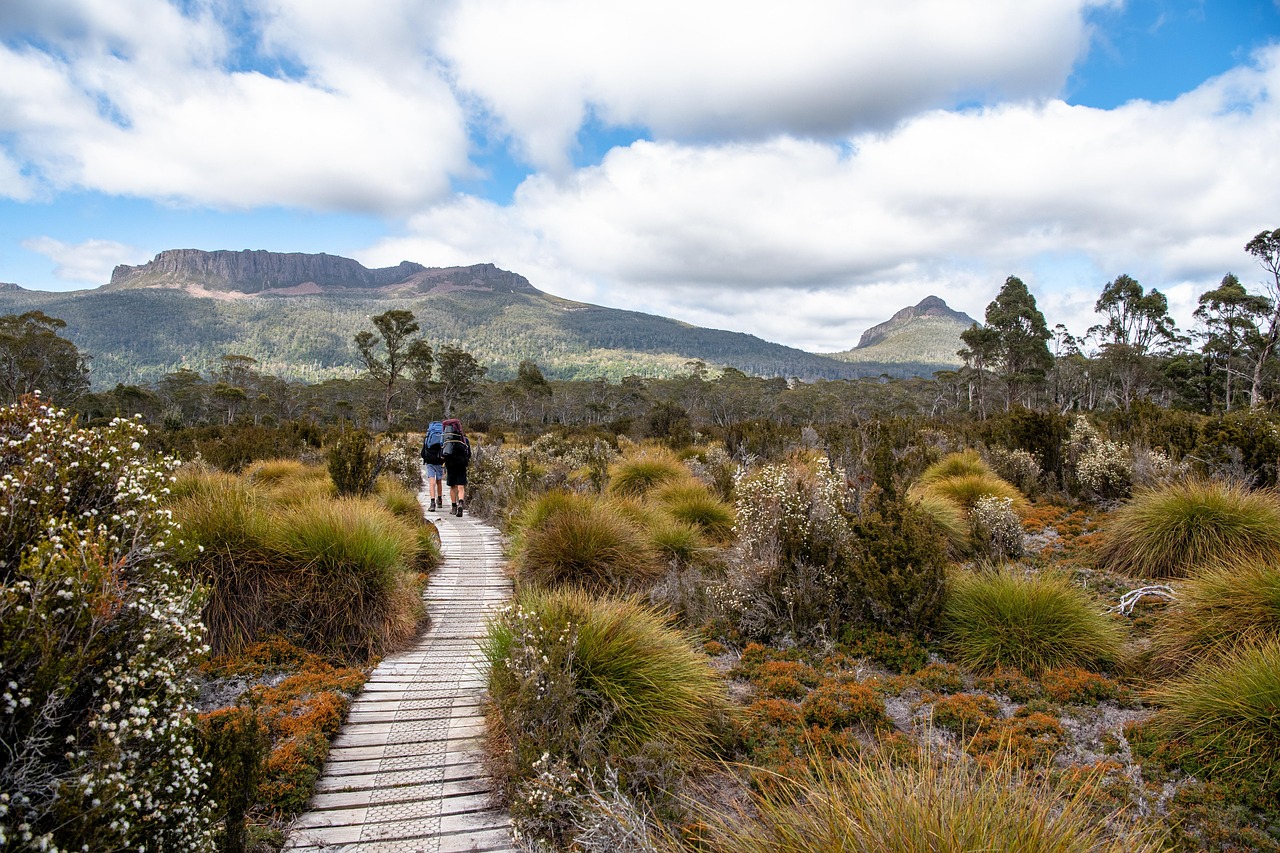09
Oct 2024
Heritage Council member's purchase of convict-era hospital from deceased estate sparks investigation
Published in General on October 09, 2024

A dilapidated former convict hospital from the 1840s, located in a small Tasmanian town, is currently under investigation by an internal department and may also be included in an Integrity Commission inquiry, as stated by a minister in state parliament.
The building was originally bequeathed to the Tasmanian Heritage Council, which ultimately chose not to accept it. Subsequently, it was privately purchased by Genevieve Lilley, who was the deputy chair of the council at the time.
Ms. Lilley stated that the Integrity Commission should be allowed to conduct its work without political commentary or speculation.
Inland from Tasmania's scenic east coast lies the quaint town of Fingal.
This town embodies a rural charm, even by Tasmanian standards, surrounded by forested hills to the north and south, expansive paddocks to the east and west, and the distant peaks of Ben Lomond National Park rising on the horizon.
In the 1840s, Fingal played a significant role in colonial expansion.
On the town's western edge, nestled behind a cluster of houses and a police station, stands a crumbling, derelict building that passing motorists on the Esk Highway may easily overlook.
Once serving as a hospital for a convict probation station that accommodated over 300 men, the building played a crucial role in constructing roads to connect the remote east coast to the interior and supporting farming activities.
Over the years, the station fell into disrepair, and nearly all of its structures vanished, ultimately becoming an important archaeological site that highlights Tasmania's convict history.
However, the old hospital has endured, and last year it found a new owner.
After being bequeathed to the Tasmanian Heritage Council following the previous owner's death in 2022, the property was initially met with refusal. The council explored various options for its conservation before ultimately selling it for $42,000.
As noted in the minutes from its April 2023 meeting, the council's 15 members chose not to accept the bequest, advising the executors to "explore other options for the ownership of the property."
Given its role as the regulator of heritage sites, the council determined it should not own one. At the subsequent meeting, the council's deputy chair, Genevieve Lilley, disclosed her interest in the property, revealing that she had personally made an offer that the vendor accepted.
The sale price for the property was $42,000, with the contract finalized just one month after the Heritage Council's decision, and settlement occurring in August.
Since then, Ms. Lilley has departed from the heritage council. Five years prior, the land was valued at $33,000.
The old hospital lacks essential services, including power, a driveway, stormwater connections, and official council recognition as a dwelling, necessitating a full development application for any potential use. In contrast, a larger block across the road is currently on the market for offers over $90,000 and includes access to power and stormwater.
Ms. Lilley noted that the property had been "informally on the market for 31 years with zero interest."
When asked about the sale price, she mentioned that restoring the old convict hospital was estimated to cost around $500,000, which she argued would have further diminished the property's value.
The sequence of events has prompted scrutiny, with a Member of the Legislative Council (MLC) stating that it "may raise eyebrows." In Tasmania, there is no dedicated heritage minister; instead, heritage matters fall under the Arts portfolio. Arts Minister Madeleine Ogilvie was recently questioned about these developments during a parliamentary committee session.
It is an offense for anyone who becomes aware of a notice served by the Integrity Commission to disclose that information.
The ABC has reported that Ms. Ogilvie later communicated with the committee, stating she had misspoken and that an Integrity Commission investigation could indeed be underway.
Ms. Lilley expressed her respect for the "thoroughness and independence" of the Integrity Commission, emphasizing that it should be allowed to conduct its work without being turned into a "political issue" or subjected to speculation.
In the context of hospital accommodation options, it’s important to note that nearby facilities offer a range of services for patients and their families, ensuring that individuals seeking medical treatment have comfortable and convenient lodging. These accommodations can provide a supportive environment for recovery, often featuring amenities like kitchen facilities and easy access to healthcare services, which are vital for those in need.









